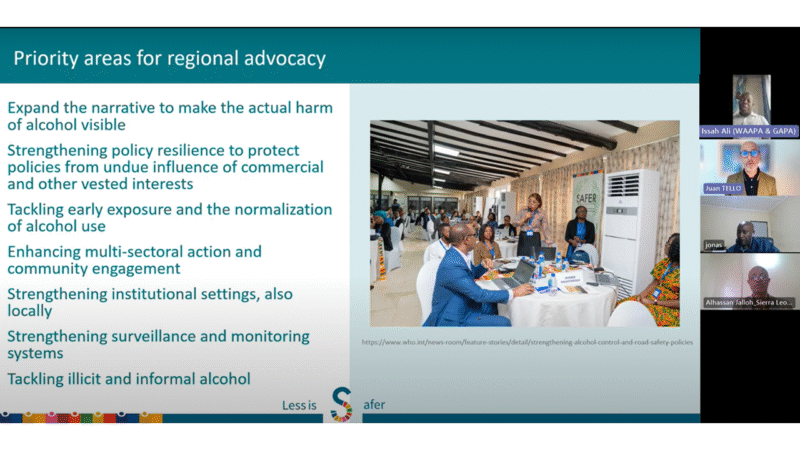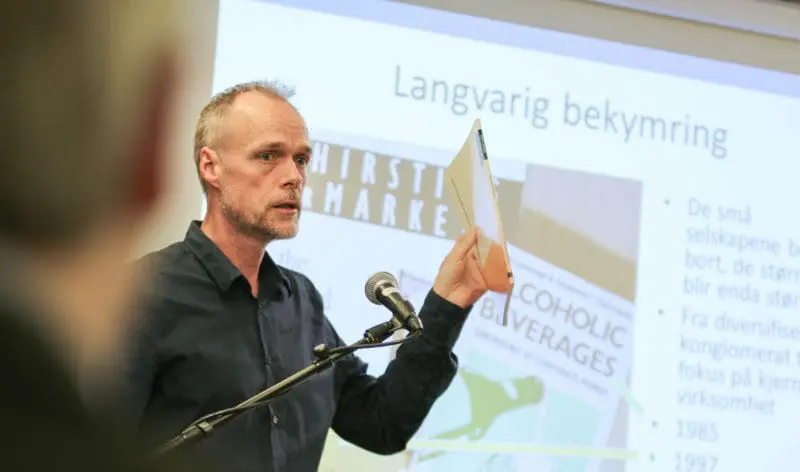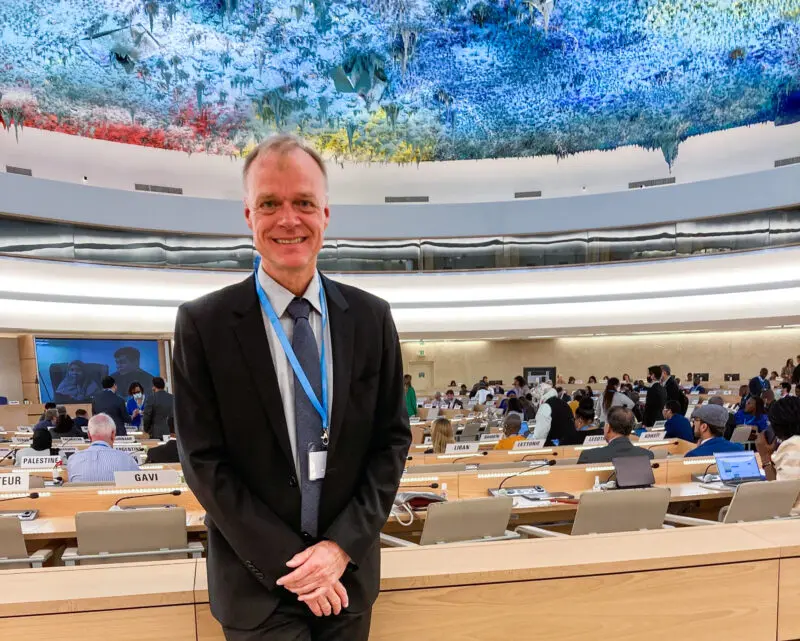The Norwegian Agency for Development Cooperation (NORAD), together with the Norwegian network for global mental health, organized an event in Oslo this week, addressing global mental health as crisis preparedness and a development priority.
Founding partners
FORUT is one of the founding partners in the global mental health network, and has been one of the key organizations behind this event.
Lisa Knutsen Sivertsen, director for the Department for human development at NORAD, opened the event by welcoming this initiative with the hope that it will serve as a platform for knowledge exchange and development.
She continued by telling about her recent visit to Nepal, where she and the NORAD team visited the work of FORUT’s partners CWIN, Child Workers in Nepal Concerned Centre and RDTA, Rural Development Tuki Association.
Strengthening of the health systems
Lisa Knutsen highlighted how she had seen the urgent need for focus on both prevention and the strengthening of the health systems for better mental health, and as part of this, the need for more professionals on mental health.
At the same time, she told passionately about the active role of civil society in this context, which brings a feeling of hope and the prospects of a positive future.
-We face many difficult challenges in order to improve mental health in the world; from combating the stigma that avoid people from seeking help, to decriminalize suicide and to give people access to quality services and treatment, Sivertsen continued.
Interventions on all levels
Ståle Stavrum, chair of the Norwegian network for global mental health and International Programme Director in FORUT summed up the conference and stressed that the most important lesson from this seminar is that we have to work together in many sectors, and we need interventions on all levels from selfcare to specialist psychiatric services.
Stavrum continued, underlining the important role that the WHO Special Initiative on Mental Health can and indeed are playing in this:
-National health systems cannot alone fill this mental health gap. The WHO Special Initiative calls for a wider perspective and a multi-stakeholder engagement with the civil society and non-specialist actors, especially at community level.
Only a wide engagement can lead to people-based systems restructuring, sufficient political commitment, and a much-needed de-stigmatisation of mental illness.
Local people and resources
Luckily, in FORUT we have engaged local people and resources that are working tirelessly and step by step to build up a mental health system that works, and they are using all possible capacities to make it happen, says Elin Kjeldstadli Hatlestad, program coordinator for Nepal in FORUT.

FORUT is proud to see that mental health is being addressed as part of the development work of NORAD. We see this event as a milestone in the recognition of mental health as a development priority.
FORUTs Staale Stavrum had the honour of closing the event. The event was recorded, and you can find the recording and more information about the event here:
LES MER:
Global mental health as crisis preparedness and a development priority (norad.no)






